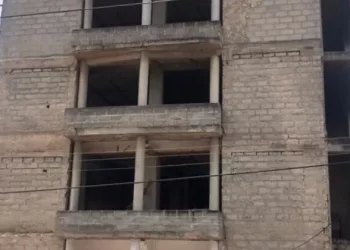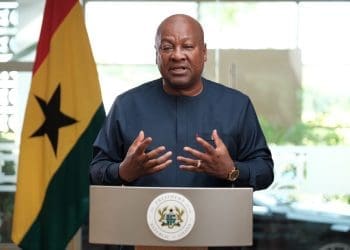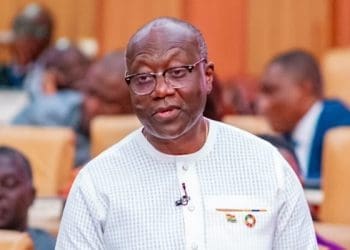The Dean of the Parliamentary Press Corps, Mr. Simon Agianab, has made a renewed and passionate appeal to Parliament to provide monthly allowances to journalists assigned to cover legislative proceedings, stressing that the financial burden on the press corps informs the request.
Speaking at the opening of a two-day capacity-building workshop for members of the Corps in Accra, Mr. Agianab urged the Clerk to Parliament, Mr. Ebenezer Ahumah Djietror, to urgently revisit a request submitted to the Speaker during the swearing-in of the current Press Corps executives for the institution of regular stipends.
“Let me at this point make a passionate appeal to you, the Clerk of Parliament, to facilitate a request we made to the Speaker during our swearing-in ceremony—to consider Parliament giving us some monthly allowances to facilitate the work we do in the august House,” he said.
According to him, the poor conditions of service for journalists in Ghana—especially those covering Parliament—are well-known, and he believes monthly stipends would go a long way to support experienced legislative journalists.
He warned that the benefits of training and capacity-building workshops would be wasted if members, after acquiring knowledge and skills, are forced to leave the beat in search of more sustainable means of livelihood.
“Building capacity only for members to leave due to financial challenges affects the quality of reportage, as new members would need time to build capacity to deliver quality reportage,” Agianab noted.
Parliament applauded
Despite his concerns, the Dean expressed gratitude to the Speaker of Parliament, Rt. Hon. Alban Bagbin and the Clerk, Mr. Djietror, for their responsiveness in approving the training programme in record time.
He praised the Media Relations Directorate of Parliament for facilitating the workshop, which is aimed at equipping parliamentary journalists with the knowledge and tools needed to effectively inform the public.
“Your swift action demonstrates Parliament’s recognition of the critical role we play in promoting transparency and accountability,” he said.
A transformative learning experience
Describing the workshop as a “game-changer,” Mr. Agianab said the initiative would strengthen the professional capacity of the Corps by providing insights into best practices, ethical considerations, and emerging trends in parliamentary reporting. The training will feature expert-led sessions, practical exercises, and peer-learning modules.
“This workshop is a testament to the importance of a well-informed and skilled press corps in deepening parliamentary democracy,” he said.
“By upscaling our knowledge and deepening our understanding of parliamentary democracy, we will be better equipped to translate the intricacies of parliamentary proceedings into meaningful narratives that ordinary citizens can understand.”
A call to renewed dedication
Mr. Agianab urged his colleagues to make the most of the opportunity to sharpen their skills and recommit themselves to high standards of professionalism and ethical conduct.
He stressed that accurate, accessible, and credible reporting is essential for building public trust in democratic institutions.
“I firmly believe that this workshop will enhance our ability to accurately and effectively report parliamentary activities, deepen our understanding of parliamentary procedures and ethics, and improve the quality and credibility of our coverage,” he said.
Towards stronger democratic engagement
Concluding his remarks, the Dean called on all stakeholders to continue investing in press freedom and journalistic development, noting that a supported and skilled Parliamentary Press Corps is indispensable to sustaining Ghana’s democratic governance.
“Let us seize this opportunity to learn, grow, and network. Let us commit together to using our newfound knowledge and skills to promote transparency, accountability, and public trust in our parliamentary democracy,” he said.
The capacity-building workshop is part of broader institutional efforts by Parliament and its partners to deepen civic engagement and ensure that the media remains a robust conduit between the legislature and the citizenry.
However, Mr. Agianab’s call for financial support serves as a stark reminder that even the most vital public service roles require sustainable structures to thrive.











